Hostile books fill shelves in Japan
Updated: 2014-08-20 07:19
By Jon Day in Tokyo(China Daily)
|
||||||||
Books and publications carrying disparaging content about South Korea and China have been growing in popularity in Japan to the point that some bookstores even have a dedicated corner for such xenophobic material.
But to fully understand the recent rise in this trend, beyond Japan's recent trials and tribulations with some of its closest neighbors over territorial and historical issues, anthropologists advocate looking at the situation from a historical and psychological perspective.
They note that Japan has always been a homogenous culture that largely isolated itself from the rest of the world until the Meiji Restoration in 1868.
But in modern-day Japan, as the world's third-largest economy, Japan now "presents" itself on a global stage as a progressive country, committed to the ideals of internationalization, which in terms of Japanese history, create inherent ethnological conflicts resulting in a homogenous nation with a "dichotomous" personality.
The recent revival of jingoism, including the proliferation of bigoted literature in Japan in particular, can be understood from two perspectives according to some sociologists. These can be best described as "in group versus out group" cultural ideology, and an "elitist social hegemony".
"It wasn't until I'd lived overseas for some years that I could truly see Japan, my country, objectively and while I was shocked at first, it makes sense when you consider the idiosyncrasies, many of them engendered historically, that comprise the Japanese psyche," says Keiko Gono, a prominent Tokyo-based sociologist.
"I realized that Japan was obsessively group culture-oriented, meaning that if you weren't a member of a particular group, be it socially or at work, or were rejected by the 'in group,' then you were socially ostracized and became an 'outsider.'"
And herein, it would seem, lies the recent popularity of the brand of books known here as kenchu-zokan (meaning "dislike China, hate South Korea").
With hawkish Prime Minister Shinzo Abe and his Liberal Democratic Party coming to office in December 2012, the popularity of books slamming China and South Korea soared.
In 2013, according to an accredited best-selling book list in Japan, three kenchu-zokan publications on the list were among the top 10 best sellers.
Books with inflammatory titles such as An Introduction to China: A Study of Our Bothersome Neighbors and The Hate Korea Wave are among many publications that have been flying off the shelves at book-stores recently, with the stores themselves and publishers keen to cash in on the trend.
At perhaps one of Japan's most popular and easily recognized chain of national bookstores, the manager says it would be bad business to not sell such books. And while recognizing the potential that the books spread notions of xenophobia, he says the customers have the right to choose.
"Our business has already taken a major hit because of the rise of online books, so if a customer chooses to read literature of a controversial nature, it's entirely up to them," says a store manager in Tokyo's Shibuya shopping district, requesting his name be withheld.
Along with brisk sales at stores, the publishers seem happy. Sankei Shimbun Shuppan Co, for example, published the popular Bokanron or the "Theory of stupid Korea", and says that sales far exceeded their expectations.
According to official distributor Tohan Corp, no kenchu-zokan-related books were in the top 10 list in 2012, evidence that the phenomenon is a new one.
Local media reports also show that major publishers of weekly and monthly magazines here are also cashing in on the boom. The publication, Shukan Gendai, for instance, had China and South Korea featured in 28 out of 46 editions, where almost all of the articles contained derogatory and highly critical remarks about the two nations.
According to Naoto Higuchi, author of Japanese-Style Xenophobia, a factor in the popularity of these books is the "persistent lack of stability in Japan's relations with its East Asian neighbors, which can be attributed to the Japanese government's ongoing failure to clarify Japan's responsibility for its past colonization and belligerence".
Xinhua
(China Daily 08/20/2014 page19)
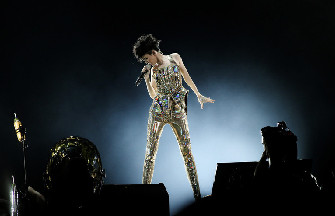
 Star Stefanie Sun holds concert in Beijing
Star Stefanie Sun holds concert in Beijing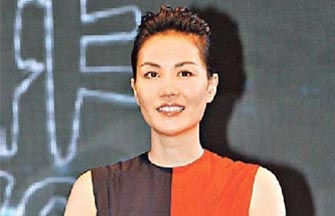
 Faye Wong's manager refutes star's drug rumors
Faye Wong's manager refutes star's drug rumors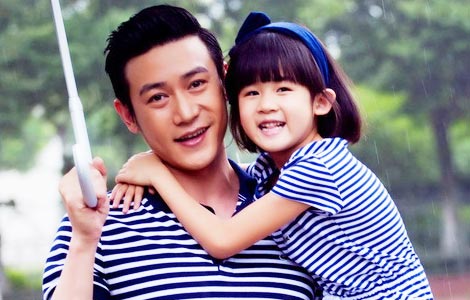
 Lu Yi and daughter Bei Er pose for street snaps
Lu Yi and daughter Bei Er pose for street snaps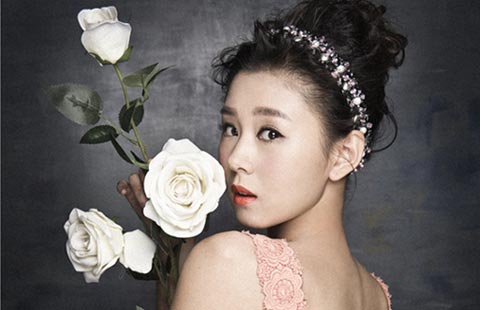
 Photoshoots of actress Li Xiaomeng
Photoshoots of actress Li Xiaomeng
 Council of Fashion Designers of America Awards
Council of Fashion Designers of America Awards
 Fan Bingbing, first Chinese actress in Barbie Hall of Fame
Fan Bingbing, first Chinese actress in Barbie Hall of Fame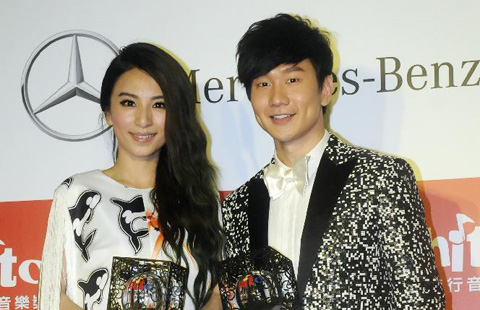
 Awarding ceremony of 2014 hito Pop Music held in Taipei
Awarding ceremony of 2014 hito Pop Music held in Taipei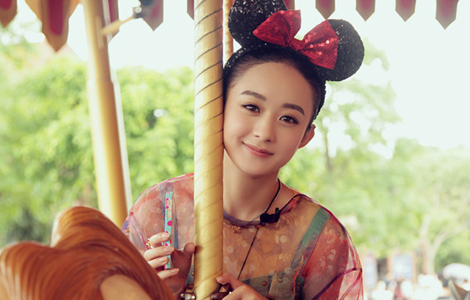
 Zhao Liying's photo shoot for Children's Day
Zhao Liying's photo shoot for Children's Day
Most Viewed
Editor's Picks

|

|

|

|

|

|
Today's Top News
US, China to parley on extradition of criminals
US rice could see potential market in China
China accuses US over 'close-in reconnaissance'
EB-5 visa ceiling is short-term, expert says
China and US in talks on code of conduct
Chicken market gets a boost
Microsoft 'not fully open with sales data'
Lawmakers in move to tackle espionage threat
US Weekly

|

|








